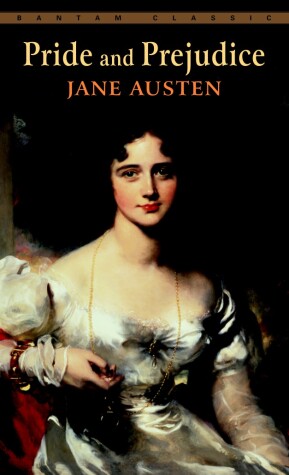
clq
Written on Mar 2, 2017
I think I might be falling between two stools. I've seen/read/heard nineteenth century Britain portrayed in the way this book does plenty of times before (no doubt, much of what I've seen was inspired by this book in the first place), but I also don't know enough about the time-period to fully appreciate what I'm sure is a treasure-trove of historical references for those who really appreciate them. That's my fault entirely, and I realise that it's more than a little unfair to not appreciate the jokes and curiosities of a book based on having seen them be retold in different ways in many other places.
And, unfortunately, pretty much knowing the story before reading it became and issue. It's a charming story, but unfortunately I found myself just waiting for what I knew would happen. I wasn't engaged to the point where I really enjoyed the ride to get there.
Fortunately, once everything had been set up to facilitate it, the last part of the book happened - and I loved it. It took until the last fifth of the book, but at that point I started feeling immersed in the conversations, started appreciating the emotions of the characters, and started... well, feeling like I needed to know what happened next. It wasn't about the story any more, it was about how the characters interacted, and how they reacted to what they were told and what was happening. It almost felt like I'd started reading a different book. And then, unfortunately, it ended.
I can see why Pride and Prejudice has become a classic, and I appreciate that it is a valuable window into both the culture and the writing of the past. But stacked up against other classics I've read, where I've loved both the story and the writing in their own right, I feel that, for me, the historical significance was needed to save Pride and Prejudice.
